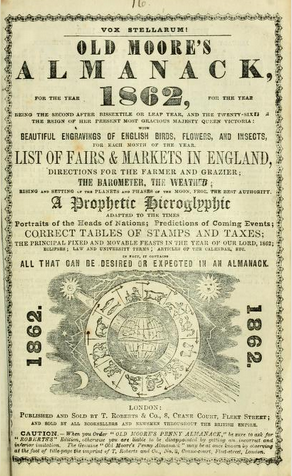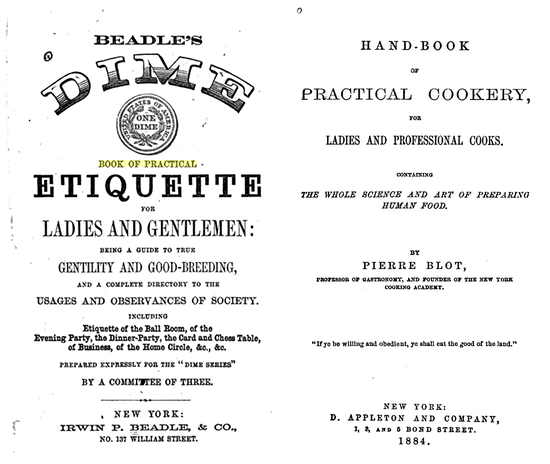There is a T.S. Eliot title, Old Possum's Book of Practical Cats. As the Wiki entry says:
Old Possum's Book of Practical Cats is a collection of whimsical poems by T. S. Eliot about feline psychology and sociology, published by Faber and Faber. It is the basis for the musical Cats.


